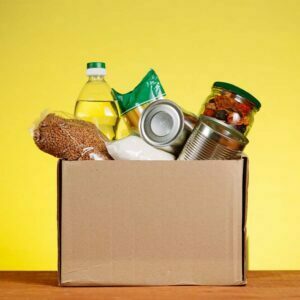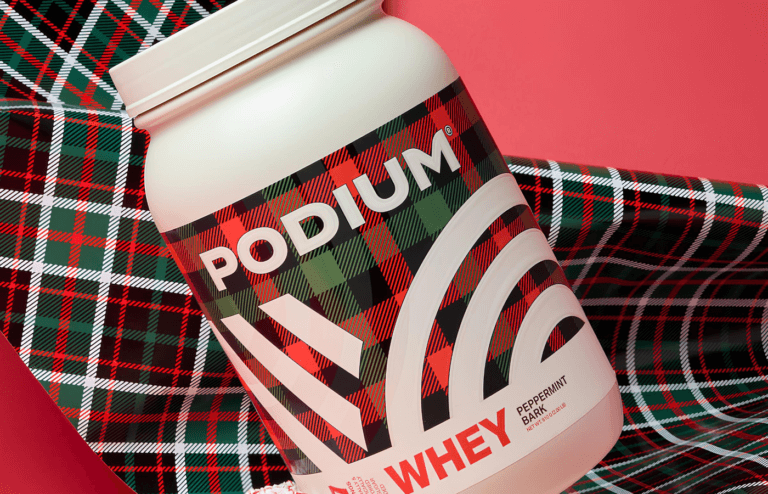Got a cupboard full of food past its use-by date? Think twice before tossing it.
When it comes to eating food past its best-by dates, most people tend to sit in on very opposite ends of the fence. There are those that eye a looming expiration date on a can at the back of the kitchen cupboard and plot its demise in the garbage, juxtaposed against those that insist that three-year out of date spice jar has plenty of life left in it. But how safe is it to consume questionably dated cuisine?
Best-by dates are contributing to an eye watering amount of waste every year, carrying huge fiscal and environmental repercussions. One study conducted by Harvard Law and the NRDC reported that 90 percent of Americans dispose
of perfectly good food due to confusion regarding labeling practices(1).

Many consumers believe that eating food past its best-by, or best before date to
be potentially dangerous and carry risk of food poisoning, however these dates aren’t related to foodborne illness and simply an indication of freshness and peak flavor.
To breakdown labeling standards found on everyday products:
- Sell-by: A date used to help retailers organize their stock levels, it doesn’t necessarily have any correlation to perishability
- Best-by/ Best Before: Gives an indication of peak freshness, not food safety
- Use-by: Also a guideline for optimum quality, food is usually still edible past this date
The USDA reports that “even if the date expires during home storage, a product should be safe, wholesome and of good quality if handled properly and kept at 40°F or below.” Whilst some food may pass its ideal quality in terms of color, texture and flavor it is still safe to eat and often, especially in the case of un-refrigerated items, may have no noticeable difference in taste or quality. They advise: “As a general rule of thumb, most canned foods (for example, canned tuna, soups, and vegetables) can be stored for two to five years, and high-acid foods (canned juices, tomatoes, pickles) can be stored for a year up to 18 months”.
So, think again before throwing out that old jar of peanut butter. Use your senses to check food items; check visually, feel for firmness, use the sniff test. Not only will you be saving money but also doing your bit to reduce global waste.
(1) The Harvard Law/NRDC
For tips on how to incorporate low calorie, high density foods into your diet check out this article.






